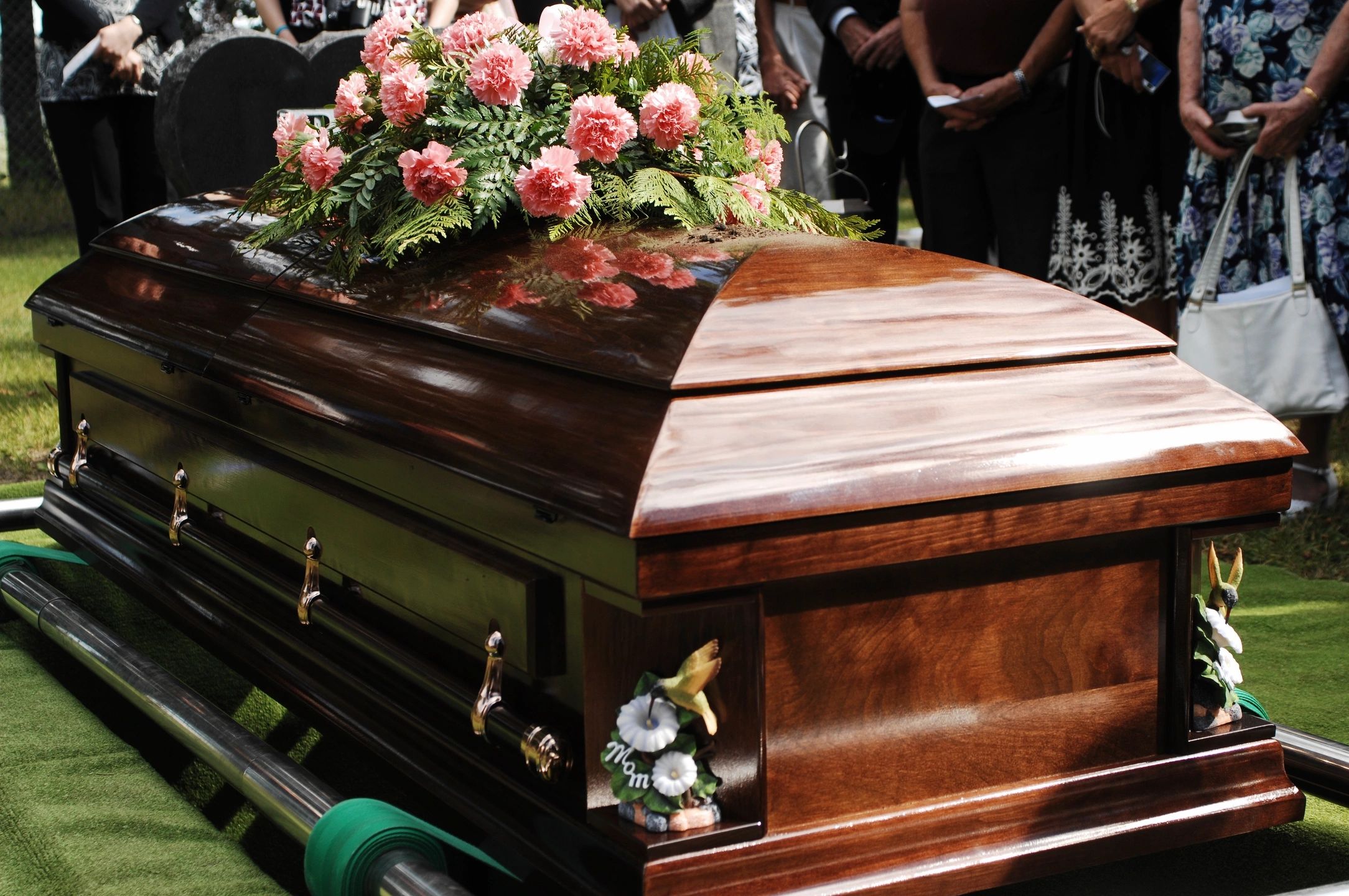The year is 2040, and you’ve just been diagnosed with terminal cancer. Your family gathers around the kitchen table, tears mixed with quiet resignation. Together, you look at a calendar, circling potential dates for your death—a day that fits everyone’s schedules, a moment that feels convenient for those you’ll leave behind. It’s a surreal discussion, more like planning a family vacation than facing the inevitable end of life. The culture calls it “dying with dignity.” But what does Scripture say?
As far-fetched as this scenario may sound, it is happening today in increasing measure. Countries around the world and even some U.S. states have embraced the practice of assisted suicide. It’s dressed up in phrases like “death with dignity” or “medical aid in dying,” and it promises relief from suffering. For those who have watched a loved one endure the painful, dark days of the dying process, the appeal is understandable. But as Christians, we must ask ourselves not what feels merciful but what is holy. And Scripture offers a starkly different perspective on life, suffering, and death.
Life Belongs to God
Life is a sacred gift from God, and He alone has the right to determine when it begins and ends. As it is written:
“The Lord killeth, and maketh alive: he bringeth down to the grave, and bringeth up.” -1 Samuel 2.6
The notion of taking life into our own hands—whether through assisted suicide or any other means—violates this divine sovereignty. Yes, we may choose to euthanize animals when they are suffering, but Scripture reminds us that we were given dominion over animals, not over human lives (Genesis 1.26). Unlike animals, humans bear the imago Dei—the image of God. This sacred imprint makes every human life inherently valuable, regardless of how frail, sick, or burdensome it may appear.
The Darkness Has Treasures
The process of dying is undeniably dark. It is filled with pain, uncertainty, and grief for both the one dying and their loved ones. I have walked through this valley myself, watching people I dearly love suffer in ways I wouldn’t wish on anyone. It’s natural to want to escape such pain, to find a way out for ourselves and for others. Yet, Scripture reveals that even in the darkest moments of life, there are treasures to be found.
In Isaiah, the Lord declares:
“I will give thee the treasures of darkness, and hidden riches of secret places, that thou mayest know that I, the Lord, which call thee by thy name, am the God of Israel.” -Isaiah 45.3
The treasures of darkness may not be gold or silver but lessons in faith, perseverance, and the presence of God. In the suffering of the cross, Jesus revealed that even the most agonizing death can serve a divine purpose. As His followers, we are called to trust that God works through all things, even our pain and death, to accomplish His perfect will.
Suffering Is Not Without Meaning
Our culture idolizes comfort and convenience, which is why assisted suicide is so appealing. It promises to bypass the hard road of suffering, offering a shortcut to peace. But the Bible never minimizes suffering; instead, it gives it meaning. Paul writes:
“And not only so, but we glory in tribulations also: knowing that tribulation worketh patience; and patience, experience; and experience, hope.” -Romans 5.3-4
Suffering refines us, deepens our faith, and allows us to participate in the sufferings of Christ. It is often through suffering that we draw closest to God, experiencing His sustaining grace in ways we never could otherwise. To shortcut this process is to miss the treasures God intends to give us in those final, sacred days.
A Culture Drifting from Holiness
As our culture drifts further from God, practices like assisted suicide will become more normalized. What was once unthinkable is now considered a compassionate alternative. This cultural shift should alarm Christians, not because it makes us uncomfortable, but because it reveals a deepening rejection of God’s authority. When we take life into our own hands, we are essentially saying that we know better than God. It is the same lie whispered in Eden: “Ye shall be as gods” (Genesis 3.5).
A Call to Faithfulness
As Christians, we must hold fast to the truth that life—every moment of it, from conception to natural death—is sacred. We must resist the cultural tide that redefines death as a consumer choice rather than a sacred transition into eternity. And we must offer something better: the hope of Christ, who conquered death so that we might have eternal life.
When faced with the temptation to embrace assisted suicide, let us remember the words of Job, who, in his suffering, declared:
“Though he slay me, yet will I trust in him.” -Job 13.15
Trusting God in the midst of suffering is not easy, but it is holy. And in the end, it is not about dying with dignity as the world defines it, but about living and dying in a way that glorifies the One who gave us life in the first place.




